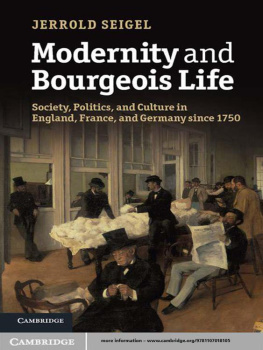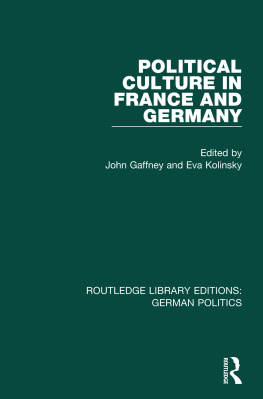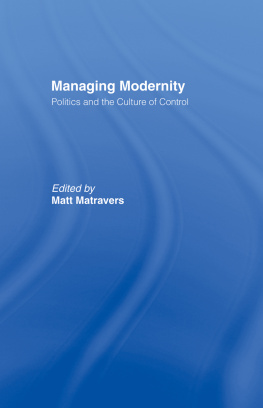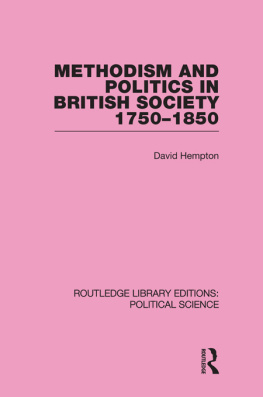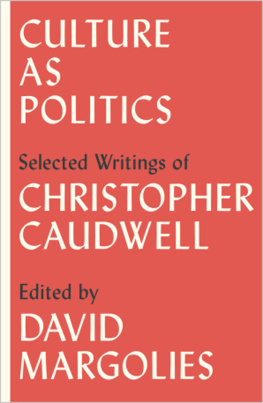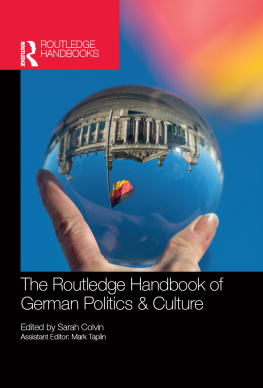In my second semester of graduate school, the professor who soon became my main advisor a deeply serious man with a broad streak of playful irony assigned me the boggling task of regaling the following weeks seminar with ten minutes of reflection on the question: What is the bourgeoisie? How I sought to meet his challenge is not worth recalling, but in many ways I have been trying to face up to it ever since. Among the disparate subjects I have attempted to teach and write about over the years, a number turn out to have been linked together by a not-always-evident effort to chisel out bits and pieces of an answer: Karl Marx, French bohemianism, the history of modern thinking about the self, even the career of Marcel Duchamp. Except that I have come to think that we do better to recast the question, replacing its traditional nominative formulation with ones that are more adjectival and historical: why does the modifier bourgeois bear a range of meanings that often apply to people, things, actions, and ideas outside the social group it is supposed to designate? What does this array of meanings tell us about the link often posited between bourgeois life and modernity? How does this relationship between the things we call bourgeois and those we call modern alter as both of its components change over time? These questions are not always explicitly addressed in Modernity and Bourgeois Life the Introduction sets out the ones that are but they outline the historical and analytical space the book attempts to explore.
I am pretty sure my teacher would not have anticipated that a project with such an agenda would have operated, as this one does, with the notion of networks more specifically networks of means at its center. I admit to a certain unhappiness with what may seem to be close ties between my use of the term network and its ubiquity in contemporary discussions of all kinds, but my discomfort is lightened by the conviction that historians like everyone else are bound to have their thinking shaped by the world around them; and I accept, even welcome, Max Webers demonstration that the necessity to operate from within some distinct perspective is a source of illumination as well as of limitation, since we are creatures who can make sense of our vast and complex world only by approaching it (responsibly, to be sure) from some particular point of view. Had I been able to substantiate the basic intuitions on which this book rests ten years ago, when I first spoke about networks of means in public (more accurately in a small invitational seminar), I might be able to argue a stronger case for my independence from its current omnipresence, but there is little to be gained by making much of this now. I hope, all the same, that readers may find in my way of giving substance to what can be a highly malleable and banal notion a capacity to illuminate some worthwhile matters and issues.
Over the years of working on this book I have been aided by the help and support, and sometimes by the strictures and skepticism, friends and colleagues have offered in regard to it. Among those who have listened and questioned, or who have read proposals or chapters in earlier versions, I need particularly to thank Carl Schorske, Philip Nord, Isser Woloch, Theodore Koditschek, Laura Lee Downs, John Gillis, Suzanne Marchand, Robert Seltzer, Mitchell Cohen, Jacques Revel, Gilles Pecout, Edward Berenson, Herrick Chapman, Samuel Moyn, Andrew Sartori, and (his words all the more resonant in my head because he is, alas, no longer here to add to them) Tony Judt. I owe debts of both a similar and a different kind to three anonymous readers for Cambridge University Press and to Thomas Laqueur, all of whom firmly and rightly insisted that an earlier and much longer text had to be subjected to major surgery before it could see the light, and to Louis Sass, who not only read some early chapter drafts but helped me through the difficulties of recognizing the path I had to take at that moment. My attempt to follow that path has been much aided by the patient good sense and critical attention of my Cambridge editor, Michael Watson. Alison Walkers careful and attentive copy-editing added clarity and accuracy to both the text and the notes. Some of my work was carried out while I was supported by a Gugggenheim Fellowship in 200405, and during the months I very happily spent at the Luguria Study Center, Bogliasco, in 2006. As with all my books, I do not see how I could have completed this one without my wife Jayn Rosenfelds wonderful ability to provide sympathy and sustenance of all kinds while never letting me take myself too seriously.

